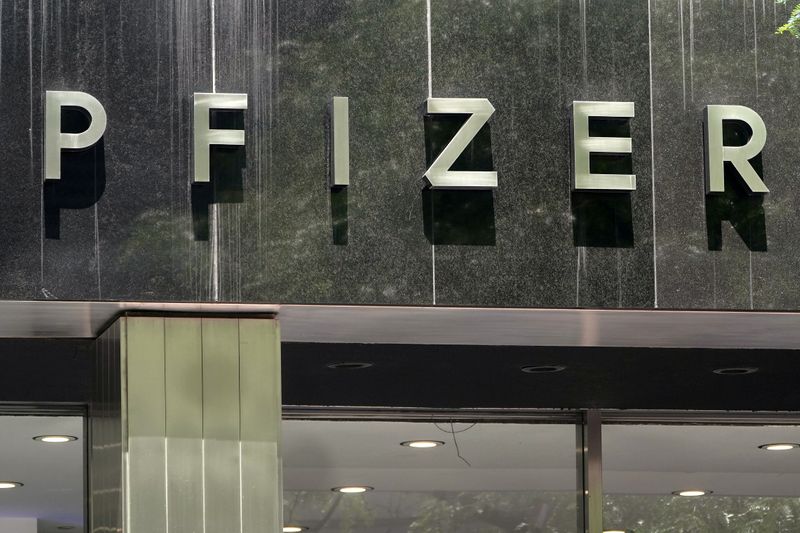NEW YORK (Reuters) – The U.S. pharmaceutical industry, long a supporter of Republicans, is giving almost half its political donations to Democratic candidates in this year’s election, as companies look to fend off a threat to drug prices if Democrats gain power.
So far this year, industry-run political action committees (PACs) have divided about $13 million between the two major U.S. political parties, with 54% to Republicans and 46% to Democrats, according to data from the Center for Responsive Politics (CRP) reviewed by Reuters.
That is a stark shift from 2016, when nearly two thirds of industry campaign donations went to Republicans. The industry moved less dramatically toward Democrats in 2018 during the congressional elections.
Senior pharmaceutical executives lean Republican, while workers’ donations skew toward Democrats and largely supported Democratic presidential challenger Joe Biden, data shows. Biden leads Republican President Donald Trump in national opinion polls in the last week before next Tuesday’s election.
The industry-level shift, based on support from non-profit political action committees affiliated with drug companies, funded by employees and directed by executives and staff, reflects a consensus that Democrats will expand their hold on the House of Representatives and may gain control of the Senate.
Pharma companies aim to build close relationships with politicians who are likely to be in power, and usually avoid presidential races and close congressional campaigns, said an industry executive who was not authorized to speak publicly.
He and other industry sources said drugmakers were aiming to head off efforts by Democrats to slash drug prices paid by Medicare, a government-run health insurance program for seniors, industry sources said.
“They are interested in funding whoever they think might win,” said David Gartner, professor of law at Arizona State University who focuses on U.S. healthcare policy.
That may mean contributing to lawmakers who disagree with the industry.
A plan earlier this year that was stymied by Senate Republicans would have reduced pharma revenues from Medicare by more than $300 billion by the end of the decade, the Congressional Budget Office calculated.
Trump, in a departure from his party, has issued several executive orders meant to cut drug prices, but experts say their impact will be limited by legal and other problems and that a Democratic Congress could mount a more serious challenge.
SHIFT IN SUPPORT
The biggest pharma PAC donations so far this year have come from Pfizer Inc, Amgen Inc, Abbvie Inc and Johnson & Johnson, which all shifted support toward Democrats between 2016 and 2020, records show. Pfizer’s change was the most dramatic, giving 63% of its funds to Republicans in 2016 and 51% in 2020.
In the 2018 election cycle, in which Democrats took control of the House, some 57% of the industry’s more than $17 million in donations went to Republicans. Industry PACs leaned Republican during each federal election in the past eight years by varying margins, political donation data shows.
Pharma industry employees, who are concentrated in Democratic-leaning hubs including California, Massachusetts and New York, consistently tilt Democratic. They are supporting Biden at a rate of about 4 to 1 or roughly $6 million to $1.5 million in donations, data show.
Top executives, however, lean Republican. A Reuters review of top pharma executives showed a nearly 2-1 split in favor of Republicans, with more than $150,000 going to Republicans and around $75,000 to Democrats. Individual donations tend to reflect personal political leanings, experts said.
A broader measure of individual donations that covers the entire healthcare industry and includes donations to super PACs, which can take unlimited funds and often attract wealthy donors, shows Trump receiving about $60 million to Biden’s $54 million, according to CRP data.
There are broad concerns that the Trump administration is inserting political issues into regulatory decisions, which could indirectly hurt the drug industry’s reputation.
But Aaron Kesselheim, a Harvard Medical School specialist in U.S. healthcare policy, said: “I don’t really think that has much to do with political donations, which are trying to curry favor with the party that seems to be ascendant.”
(Reporting by Carl O’Donnell; Editing by Peter Henderson and Peter Cooney)






















